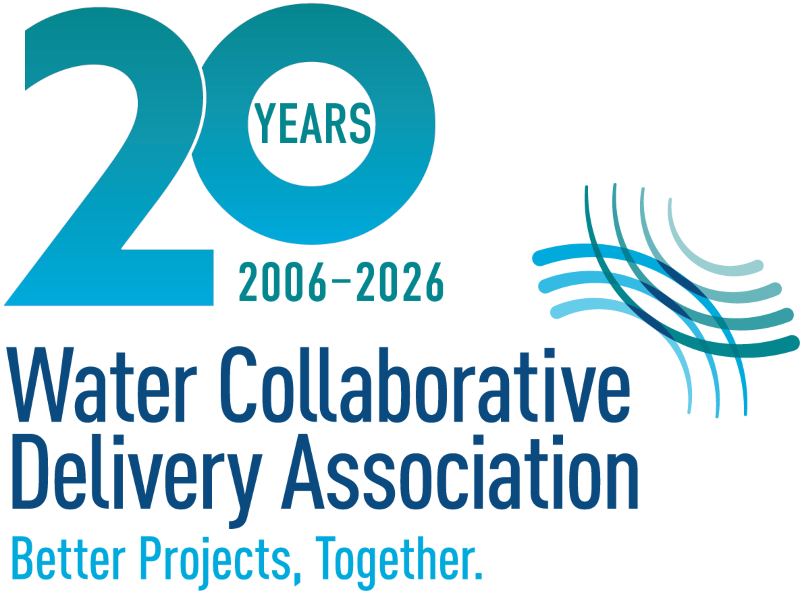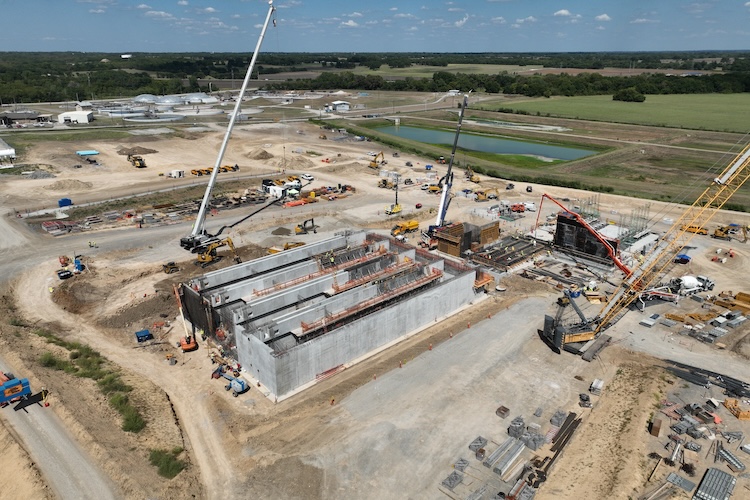Municipal water and wastewater utility managers (owners) face increasing challenges with delivering major treatment and infrastructure projects that meet regional growth, regulatory requirements, strained budgets, and stringent delivery schedules. Utilities ranging from small rural water districts to large metropolitan agencies are turning to program managers to supplement internal staff, add expertise, and manage multiple projects in a capital program (program) to meet a defined goal.
The program manager can be an invaluable resource for owners, especially if they lack the staff or expertise to manage a program from conceptual design through construction and startup. The program manager’s role can be very broad and encompass a number of services, including planning, procurement, design, permitting, and construction management.
A common question from owners is: Can my program manager also be my owner advisor?
The answer is, maybe. To be more specific, in certain circumstances, owners may request that their program manager provide owner advisor services. In such a case, it will be critical for the owner advisor team (as part of the program management team) to operate separately from the day-to-day oversight of the owner’s capital program. However, in most cases owners choose to have a separate owner advisor—not aligned with the program management to avoid any biases—thus providing an objective perspective on the use of any collaborative delivery method.
A program manager is typically an individual, firm, or a group of firms operating as a single team. The program management team is charged with overseeing and managing a large program consisting of multiple projects. The program manager plays a crucial role in making sure that the program maintains alignment with the owner’s overall goal and strategies.
A program manager may be responsible for:
- Leading multidisciplinary teams and coordinating efforts across various departments to ensure project milestones are met;
- Overseeing the program life cycle with a focus on schedule, budget, and quality of work being performed on individual projects;
- Bringing in technical resources to guide project development, educate the owner, or to implement a new or innovative solution; and/or
- Communicating with owner staff and other stakeholders about program progress, milestones, or challenges.
In contrast, an owner advisor’s primary role is to assist in strategizing the delivery of individual projects in the program so each project fits within the overall program’s objectives. The owner advisor is an advocate for the owner and helps foster innovation and collaboration with other consultants and contractors to deliver the projects in the program.
Think of it this way. The program manager is the Federal Aviation Administration, the overall authority responsible for setting the criteria of safe and efficient air travel. The owner advisor is the air traffic controller, ensuring each plane is going in the right direction at the right altitude at the right time to the right place. The FAA and air traffic controllers have important but very different roles and responsibilities.
The same is true of program managers and owner advisors. Often the owner and program manager do not have the experience in the day-to-day operations of project delivery the owner advisor can bring to a program, including collaborating, procuring, and delivering projects. The owner advisor will also likely have strong relationships in the water industry to help an owner develop a strategy to deliver a large-scale or complex project. This may include setting up market soundings to test the viability of a project in the marketplace or bringing in consultants and contractors to meet with the owner and other stakeholders. The owner advisor will also assist in the procurement strategy and implementation of a project using a specific collaborative delivery method. These efforts may help the owner and program manager define a project or identify a technology that will meet the owner’s goals within the targeted budget and schedule.
The WCDA has developed two distinct documents—Water and Wastewater Collaborative Delivery Handbook , sixth edition, and the Guide to Owner Advisors— that further define the engagement of an owner advisor. Both discuss the importance of hiring an owner advisor early in a program, preferably during the planning phase. The owner advisor can help the owner and program manager identify program goals and the specific objectives of each project. The owner advisor can then help determine what delivery method makes the most sense for each project. The owner advisor can bring in expertise to help the projects align with the budget, schedule, procurement requirements, and the application of best practices for risk allocation. The owner advisor can also help lead risk management and value engineering processes; provide oversight and quality assurance during construction; and assist in commissioning, closeout, and warranty periods.
Both the program manager and owner advisor are vital to the overall success of the program. With a clear delineation of roles and responsibilities, the program manager can focus on making the overall program successful, knowing the owner advisor is providing value by focusing on project-specific delivery and collaborating with designers, contractors, regulatory agencies, and other stakeholders to deliver better projects, together.

